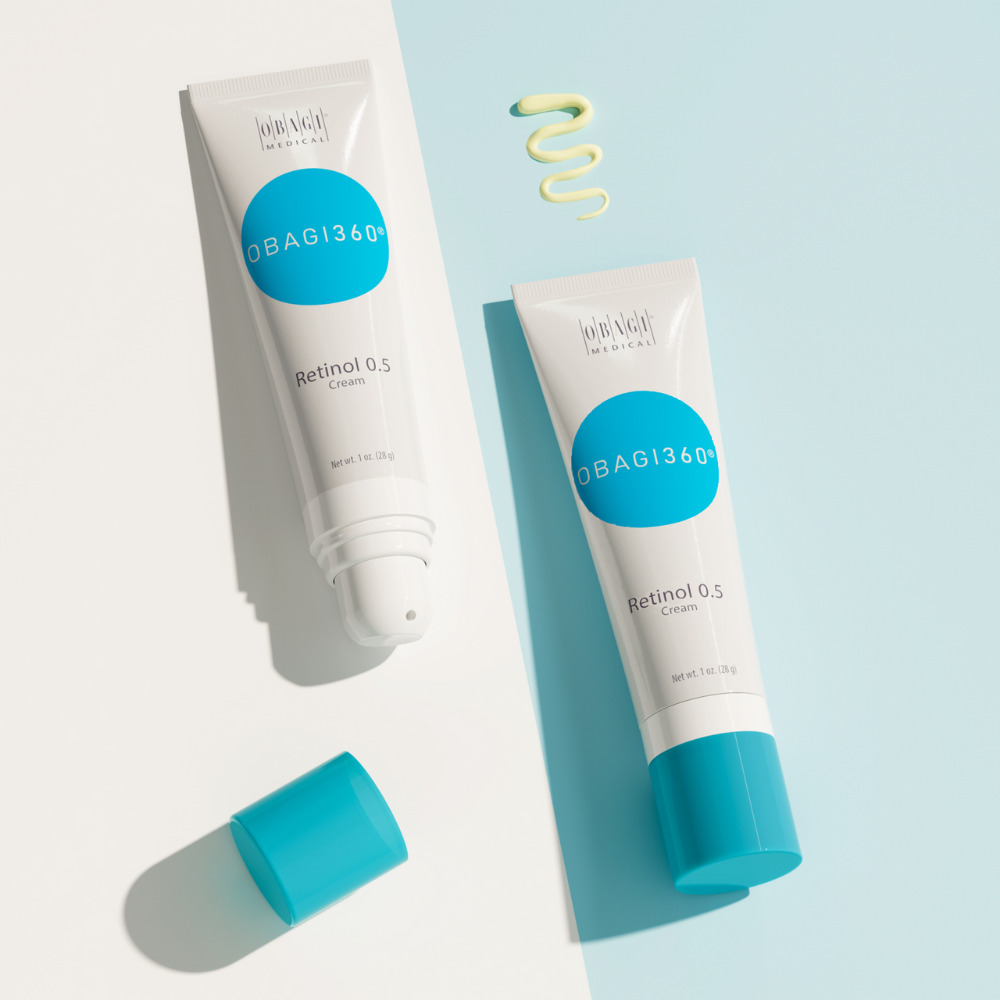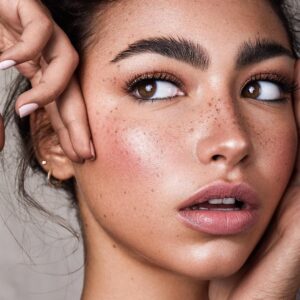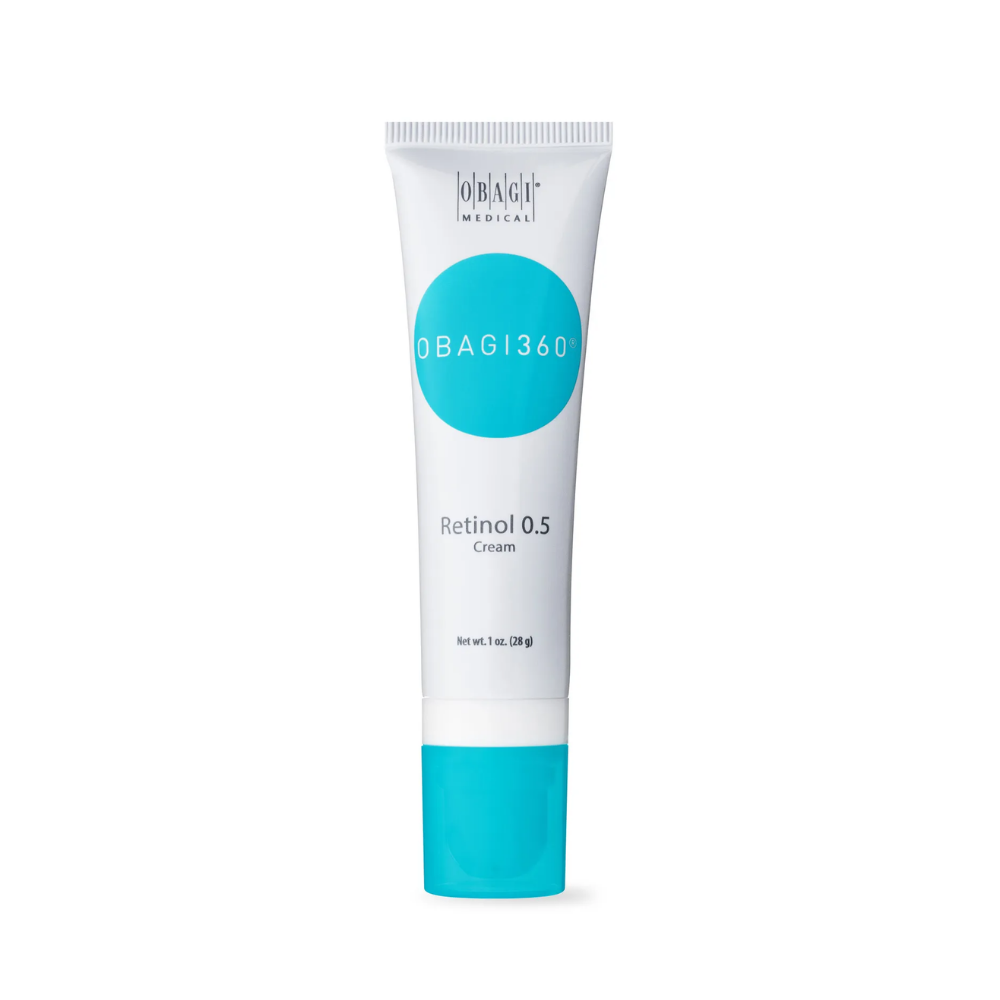
Ah retinol. If you are already a skincare junkie, you will probably already be having a long-standing love affair with this hero ingredient. And if you are new to skincare, well let me introduce you to the newest staple in your bathroom cabinet: retinol.
Retinol is one of those skincare ingredients that has been widely tested and has been shown to actually reverse the signs of aging, no gimmicks needed! Skincare professionals, celebrities and skincare junkies alike have all experienced the anti-ageing effects including the reduction of those pesky fine lines and wrinkles. So if you are searching for a solution that will keep those crows feet and worry lines at bay, look no further than Obagi Retinol 1.0, Obagi Retinol 0.5 or SUZANOBAGIMD Retivance® Skin Rejuvenating Complex.
With so many questions and misunderstandings surrounding retinol skincare, we are here to debunk the myths and help you on your way to a more youthful complexion! So without further ado…
What does Obagi Retinol do?
Retinol is a wonder skincare treatment that is the main active ingredient in OBAGI360® Retinol 0.5 and the SUZANOBAGIMD Retivance® Skin Rejuvenating Complex. The beauty of including this skincare ingredient in the Obagi line is that it targets the main visible signs of ageing including pigmentation, fine lines, wrinkles, uneven skin tone, visible pores, texture and even acne.
With regular application, retinol skincare will speed up the natural turnover of drier and more pigmented superficial skin cells, helping to reveal new skin cells and thereby producing an overall more youthful and glowing complexion. The application of Obagi Retinol will also increase the skin’s natural production of collagen, helping to reduce fine lines and wrinkles. But the benefits don’t stop there. Retinol cream even stimulates the production of new blood vessels in the skin which will improve your natural skin colour. Including retinol in your regular skincare routine is a trick you definitely don’t want to miss!

How do you use Obagi Retinol?
With all of the wonderful skin benefits of retinol, it can be tempting to slather this on your skin morning, noon and night, and we don’t blame you! However, retinoids can cause skin dryness and irritation to begin with so it is recommended to introduce retinol into your daily skincare rotation slowly, and build up as your skin becomes more tolerant. If you are new to retinol, begin by applying it at night once a week, then twice a week and so on until your skin is comfortable with nightly application.
After thoroughly cleansing your skin, use a pearl-size amount and gently smooth Obagi Retinol to your face, neck (and hands if you wish) until fully absorbed. But don’t forget to apply a generous amount of SPF during the day, the newer skin cells that retinol reveals can be particularly sensitive to sunlight.
At what age should you start using retinol?
This is one of the most frequently asked questions about retinol and there really is no definitive answer. Previously it has been recommended to start using retinol in your early 30’s, but many women are incorporating it into their regular routine in their 20’s in a bid to keep those early signs of ageing at bay. And if you haven’t already started, fret not, it is never too late to feel retinol’s benefits.
Is it okay to use retinol every night?
After building up tolerance it is absolutely okay to use retinol every night. The Obagi Retinol range includes hydrating Jojoba Oil and Shea butter to keep your skin thoroughly hydrated and soothed, and help to minimise any possible irritation. The addition of Vitamin C and E will also help to neutralise free radicals whilst you sleep. Win win.
What is a good percentage of retinol?
We are often asked “what is a good retinol to start with?” If you are new to retinol cream or have particularly sensitive skin we recommend starting with the OBAGI360® Retinol 0.5. This concentration is effective at softening fine lines, minimising the visibility of pores and diminishing pigmentation, without being too harsh on the skin.


